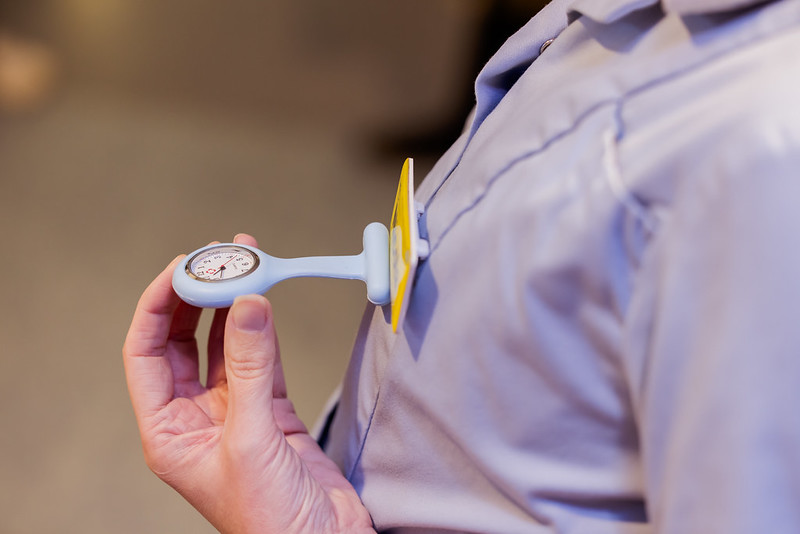The Chief Executive of the Royal College of Midwives (RCM) today told the COVID-19 inquiry of the pressure and distress caused to maternity staff and the women in their care during the pandemic. Gill Walton, who has led the College since 2017, said the lack of central and consistent information for maternity staff and pregnant women by NHS bodies and the Government led to confusion, and in some cases resulted in midwives and maternity support workers (MSWs) receiving verbal and even physical abuse.
Giving evidence, Gill said:
“This is an indictment of the lack of consistent guidance from central government and the NHS. Inconsistencies made people very anxious. Maternity services are often the forgotten service in the NHS. Some midwifery leaders struggled to have their voices heard. At the time NHS England were praising those services opening up and being quite critical of those who didn’t. That caused huge anxiety. We had meetings with midwifery leaders about how hard it was to support and protect staff and service users. We wanted to make sure that it [visiting] could be managed appropriately. We would have hoped that NHS England would put out very clear guidelines, but that didn’t happen.”
The Government’s decision to classify pregnant women as vulnerable was not explained further nor was any additional supporting information given, leading to concern and even panic among pregnant women and their families.
Gill told the inquiry:
“The stay at home message definitely impacted on pregnant women at that time and there was confusion about accessing maternity services. Our message was very much that maternity services are open. I said that many times in the media myself. Midwives tried really hard to maintain face to face contact. They were anxious they weren’t doing that. There were occasions that they didn’t because there just weren’t enough staff.”
Ensuring staff were protected was a key concern for the College, whether around the use of appropriate PPE or shielding for vulnerable staff. Maternity services are staffed almost exclusively by women, many of who have caring responsibilities both for children and older relatives which we know often fall to women. In addition, at any given point, around 20% of midwives and MSWs are themselves pregnant. Gill explained to the inquiry how the RCM sought to support maternity staff working in NHS services during this period:
“From the NHS, some of that advice was quite limited. We provided advice support and guidance through our trade union activity to people locally. But this was a theme, the slow information coming into services, for services to then do the right thing. When testing came in, maternity again wasn’t one of the areas at the top of the list. We wanted maternity seen as an essential service because the potential for really poor outcomes for women and the risk of staff not being able to work was considerable.”
The provision of maternity care during the pandemic was undermined by decades-long underinvestment in maternity services, from too few staff to the inadequate buildings they are expected to work in. The College has warned that these challenges must be addressed urgently, not just so that the system is able to cope with future health emergencies, but so that women and families, and the midwifery community that supports them, can receive and deliver good, safe services.
ENDS
Notes to Editors
On 16 March 2020, the Government revised its advice and said that pregnant women would be reclassified as vulnerable. However, this was not explained further or any additional supporting information given, leading to concern and even panic among pregnant women and their families. In order to support its members and the women and families in their care, the RCM, together with the Royal College of Obstetricians and Gynaecologists (RCOG), produced advice on a variety of issues, including home visits, pre-planned and emergency appointments and the attendance of birth partners. The RCM also supported its members with advice around their own protection, including for those who themselves were pregnant.

